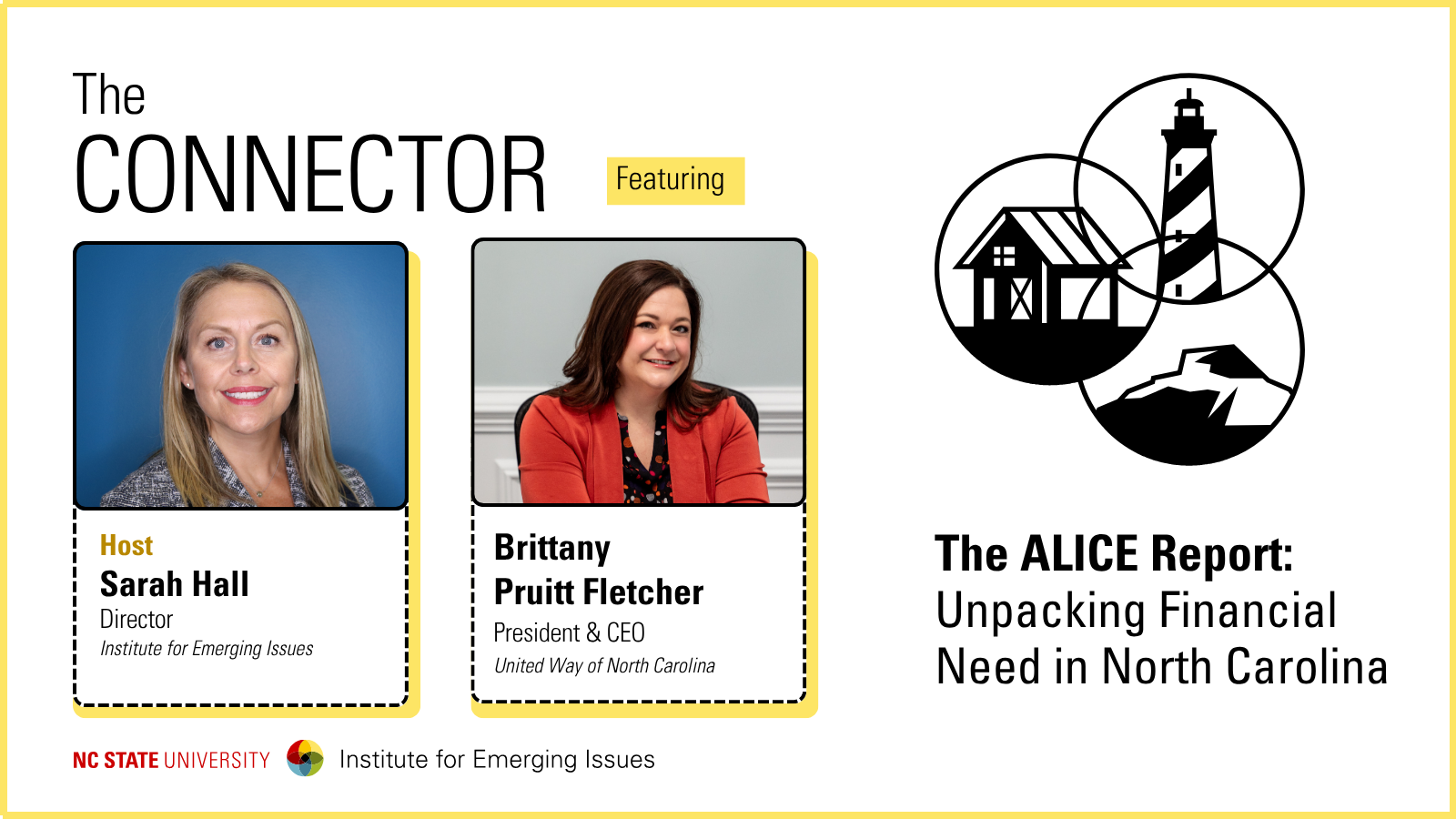What is the FIBER NC Act?
With COVID-19 exposing the digital divide across the state, many are closely following what happens with the FIBER (Foster Infrastructure for Broadband Expansion and Resources) NC Act (HB 431). If passed, this bill would eliminate existing state restrictions and increase the authority of local governments to build out broadband infrastructure and lease the fiber to internet service providers (ISP). It would apply to counties with 4.7 percent or less of households without broadband service (determined by the Federal Communications Commission) or that is home to a major military installation–roughly 70% of counties in the state.
To protect local taxpayers, the bill would require a series of actions that local governments must follow before making any infrastructure investments and entering into a lease agreement with an ISP. This includes developing a business plan for providing broadband infrastructure and for leasing the broadband infrastructure to a private provider, completing a feasibility study to determine needs and available resources, and holding a public hearing before adopting any resolution.
The legislation would pave the way for greater public-private partnerships to deploy broadband–but does not allow local governments to provide internet service directly to customers. Wilson County is the only county in the state allowed to provide community-owned broadband. Wilson created Greenlight Community Broadband prior to a 2011 state law limiting local governments from creating their own broadband internet service. However, the 2011 law prohibits Wilson from providing service outside its county lines.
But not all agree that the FIBER NC Act is the solution. The debate last summer was whether the legislation was a crucial step in getting internet to those who lack it, or if it went beyond the role of government– potentially leading to financial trouble for local governments. Large cable and telecommunications companies also voiced concerns about having to compete with the public sector. Conversations surrounding this legislation may change in light of COVID-19. If not, the General Assembly will need to come up with alternate ideas for helping to close the state’s digital divide.
- Categories:


